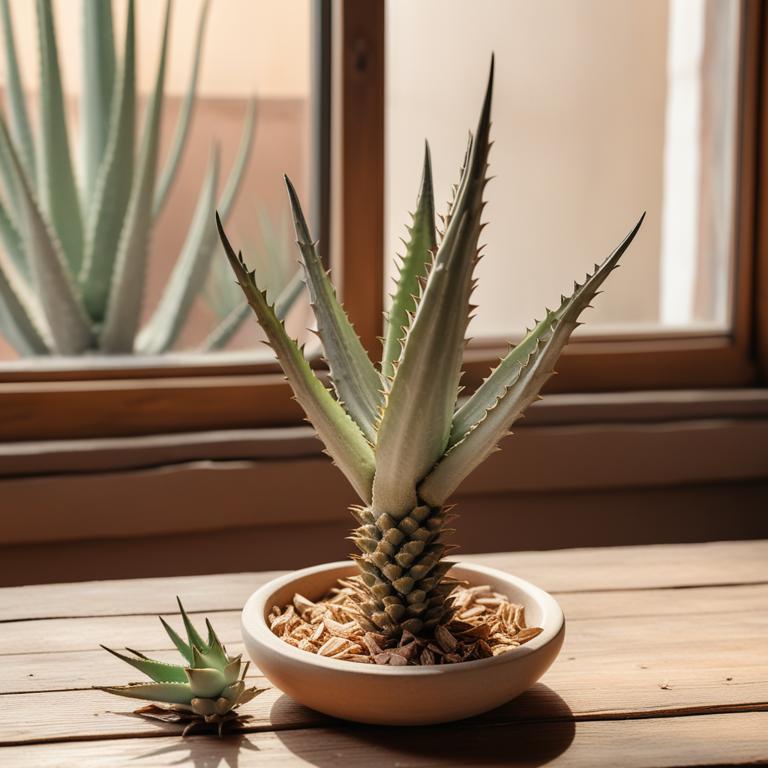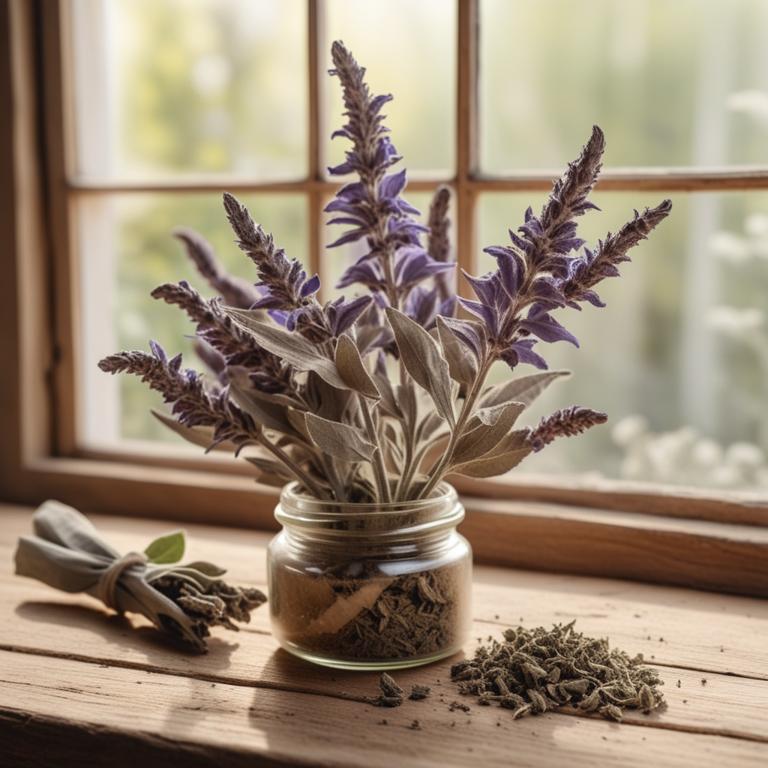Updated: Dec 1, 2024
Ringworm Treatment with Medicinal Herbs and Herbal Preparations

Ringworm is a fungal infection that causes a ring-shaped rash on the skin.
It's highly contagious and can be spread through direct contact with an infected person or animal. The rash is usually red, itchy, and circular in shape, and it can appear anywhere on the body. If left untreated, it can take several months to clear up, causing discomfort, embarrassment, and affecting daily activities. Ringworm is caused by a fungus that thrives in warm, moist environments. It's often found on pets, particularly cats and dogs, and can be transmitted to humans through skin contact. People with weakened immune systems, such as those with diabetes or taking immunosuppressive medications, are more susceptible to ringworm.
Fortunately, there are several herbal remedies that can help alleviate the symptoms and speed up the healing process. Tea tree oil, known for its antifungal properties, can be applied topically to the affected area. Aloe vera gel, rich in vitamins and minerals, can help soothe the itchy skin and promote healing. Calendula oil, extracted from the marigold flower, has antimicrobial properties that can help combat the fungus. To use these herbal remedies, you can make a tea by steeping the dried herbs in hot water, then applying the cooled liquid to the affected area with a cotton ball. You can also mix the herbal oils with a carrier oil, such as coconut or olive oil, and apply it directly to the rash. Some people also use ointments or creams that contain a combination of herbal extracts.
Whatever method you choose, be sure to consult with a healthcare professional before starting any new treatment.
Table of Contents
- What is responsible for the onset of ringworm?
- What are the benefits of using herbs for ringworm relief?
- What are the main medicinal herbs used in ringworm treatment?
- Which herbal preparations are most often used to treat ringworm?
- Are there any herbs that should be avoided when dealing with ringworm?
- FAQ
What is responsible for the onset of ringworm?
The main causes of ringworm are fungi, specifically eight types: Trichophyton rubrum, Trichophyton mentagrophytes, Trichophyton tonsurans, Microsporum canis, Epidermophyton floccosum, and three more: Trichophyton schoenleini, Microsporum persicolor and Trichophyton equinum.
Trichophyton rubrum is the most common cause, often found in skin folds, like between toes or under armpits. It thrives in warm, moist environments and can be spread through contact with an infected person or animal. Trichophyton mentagrophytes is also common and typically affects the skin and nails. It can be found on animals, especially dogs and cats. Trichophyton tonsurans is a less common but still significant cause, often affecting the scalp and causing a condition known as tinea capitis.
This fungus is commonly found in tropical and subtropical regions and can be spread through close contact with an infected person. Microsporum canis is another common cause, usually affecting cats and dogs. It can be spread through direct contact with an infected animal or by touching something contaminated with the fungus. Epidermophyton floccosum is less common and typically affects the skin and nails. It can be spread through contact with an infected person or by sharing personal items. Trichophyton schoenleini is a rare cause of ringworm, usually affecting the skin and nails.
It is less understood and not as well-studied as other causes, but it is still considered a potential contributor.
What are the benefits of using herbs for ringworm relief?
Using herbs to treat ringworm can be very beneficial.
One of the main advantages is that they are often natural and gentle on the skin. This means they can be a good option for people who are sensitive or allergic to chemicals found in some medications. Herbs can also help reduce inflammation and itching associated with ringworm.
Some herbs have antifungal properties, which means they can directly target and kill the fungus causing the infection. This can lead to faster healing and a reduced risk of the infection spreading. Additionally, herbs can be used to soothe and calm the skin, making them a good choice for people who want to avoid harsh treatments.
They can also be used in combination with other treatments, such as topical creams or oral medications, to enhance their effectiveness.
What are the main medicinal herbs used in ringworm treatment?
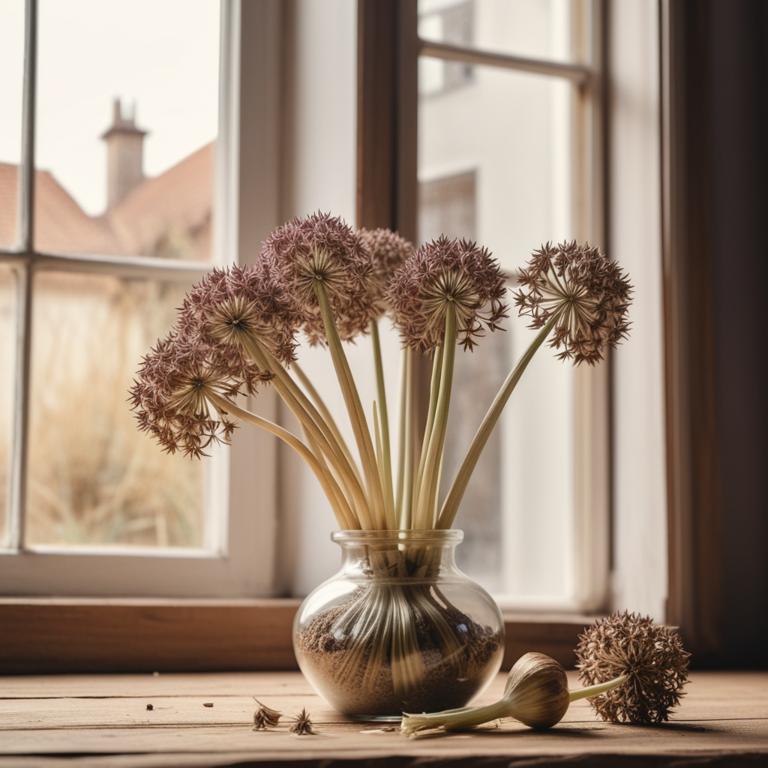
If you have ringworm, using certain herbs can help you feel better.
Allium sativum, also known as garlic, is good for ringworm because it has antifungal properties that can fight the fungus causing the infection. When you apply garlic oil or paste to the affected area, it can help kill the fungus and reduce inflammation. Melaleuca alternifolia, or tea tree oil, has similar antifungal properties that can help combat the infection. It's often used in creams and ointments to soothe and heal the skin. Aloe vera is also beneficial for ringworm because it has anti-inflammatory and soothing properties. It can help calm the skin and reduce redness and itching.
You can apply aloe vera gel directly to the affected area to get relief. Azadirachta indica, or neem, is another herb that's good for ringworm. It has antifungal and antibacterial properties that can help fight the infection and prevent it from spreading. Neem oil or paste can be applied to the affected area to get relief. Zingiber officinale, or ginger, is also useful for ringworm. It has anti-inflammatory properties that can help reduce swelling and pain.
You can make a paste by mixing ginger powder with water and apply it to the affected area to get relief.
Which herbal preparations are most often used to treat ringworm?
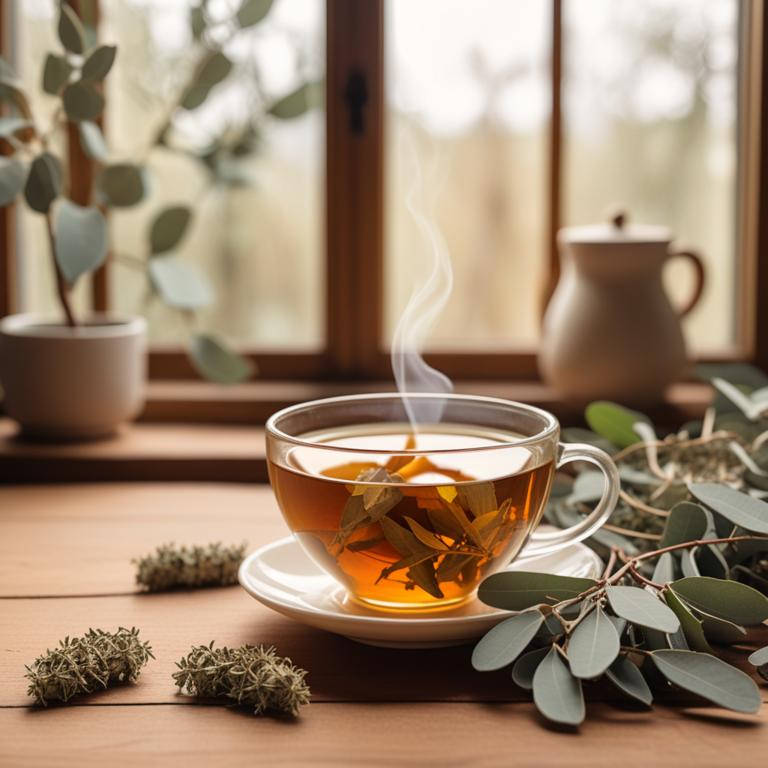
Ringworm is a fungal infection that can be treated with herbal preparations.
A decoction of neem leaves and turmeric is a good option. The decoction is made by boiling these leaves in water, which helps to kill the fungal spores and soothe the skin. Neem has antifungal properties that target the root cause of the infection, while turmeric has anti-inflammatory properties that reduce redness and itching. Herbal tea made from the leaves of the tea tree and the plant aloe vera is also effective in treating ringworm. The tea tree has antifungal properties that help to kill the fungal spores, while aloe vera soothes the skin and promotes healing. Drinking this tea can help to get rid of the infection from the inside out. A topical application of herbal ointments and salves can also help to treat ringworm. An ointment made from the sap of the plant calendula and the oil of tea tree is a good option.
Calendula has anti-inflammatory properties that reduce redness and itching, while tea tree oil has antifungal properties that kill the fungal spores. A salve made from the leaves of the plant plantain and the oil of lavender is another option. Plantain has anti-inflammatory properties that soothe the skin, while lavender oil has antifungal properties that help to get rid of the infection. An infusion of the plant plantain and the herb goldenseal is also effective in treating ringworm. Plantain has anti-inflammatory properties that soothe the skin, while goldenseal has antifungal properties that help to kill the fungal spores. This infusion can be applied topically to the affected area to help get rid of the infection. In general, herbal preparations are good for ringworm because they are natural and non-toxic. They can be used in place of chemical medications, which can have harsh side effects.
However, it's always best to consult a doctor before trying any new herbal remedy.
Additional Resources:
Are there any herbs that should be avoided when dealing with ringworm?
If you have ringworm, it's a good idea to steer clear of Cinchona officinalis because it can interact with medications you might be taking to treat the infection.
This could make the condition worse or make the treatment less effective. Also, Cinchona officinalis has compounds that may be too powerful for your body when you're already dealing with ringworm. Hydrastis canadensis is another herb to avoid if you have ringworm. Its active compounds can cause your body to react even more to the infection, making your symptoms worse. This is especially true if you're taking any medications for ringworm, as the combination could lead to severe side effects.
Silybum marianum, also known as milk thistle, might seem like a harmless herb, but it can still cause problems if you have ringworm. Its compounds can stimulate your body's immune system, which might make your ringworm symptoms worse or cause other issues. Echinacea purpurea is often used to boost the immune system, but this can be a problem if you have ringworm. If your immune system is already working hard to fight off the infection, adding more stimulation can make your symptoms worse or even prolong the healing process. Ginkgo biloba can also be a concern when you have ringworm. Its compounds can increase blood flow and make your skin more sensitive, which might make the infection worse or cause other issues.
It's best to avoid using this herb until your ringworm has cleared up.
FAQ
Are there any specific herbs that can prevent ringworm?
Some herbs, like tea tree oil and neem, have antifungal properties that may help prevent ringworm.
Neem has been used for centuries to treat fungal infections, including ringworm.
It's thought that the oil in neem can help kill the fungus that causes ringworm, making it less likely to occur.
Is it safe to use herbal remedies for ringworm during pregnancy?
If you're pregnant and have ringworm, you might consider using herbal remedies.
However, it's not clear if they're safe for you or your baby. Some herbs can stimulate the uterus or cause allergic reactions.
Be cautious when using herbs like tea tree oil, aloe vera, or neem, as they may affect your pregnancy.
Are there any herbs that can reduce the frequency of ringworm?
Tea tree oil and neem have been used to help treat ringworm.
They have antifungal properties that can help reduce the frequency of outbreaks. Neem oil can be applied directly to the affected area, while tea tree oil can be added to a warm bath for relief.
These herbs may also help soothe the skin.
Can i combine different herbal remedies for ringworm?
You can try combining different herbal remedies for ringworm, but use them in moderation.
For example, you could mix tea tree oil with aloe vera gel to soothe the skin and fight infection. Some people also use neem oil to help clear up the rash.
Just be sure to follow the instructions for each remedy.
Related Articles

Natural Remedies for Insect Bites: Causes, Medicinal Herbs, and Herbal Preparations

Bruises: Causes, Symptoms, and Herbal Preparations for Relief
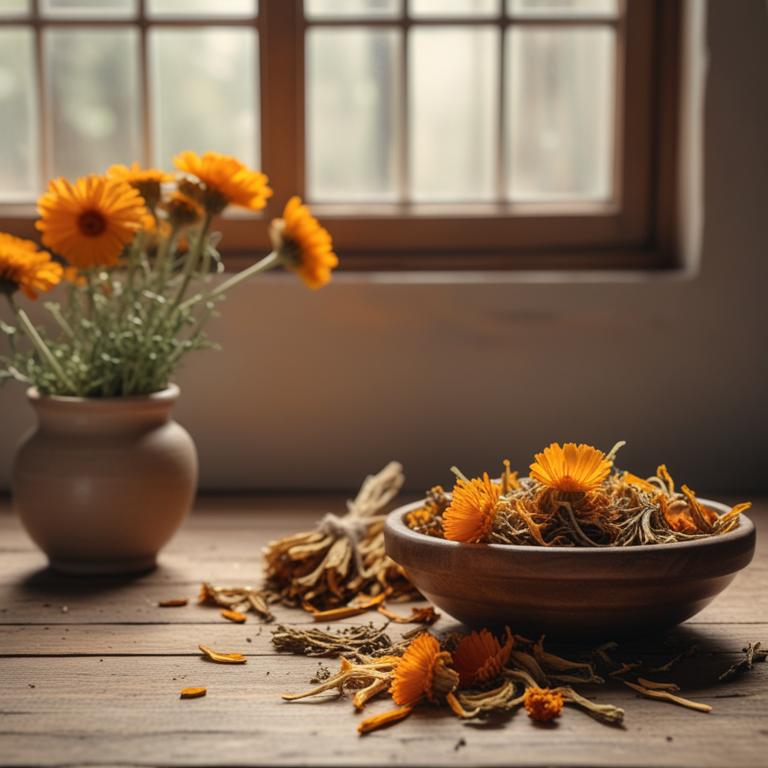
The Causes and Medicinal Herbs for Boils Treatment
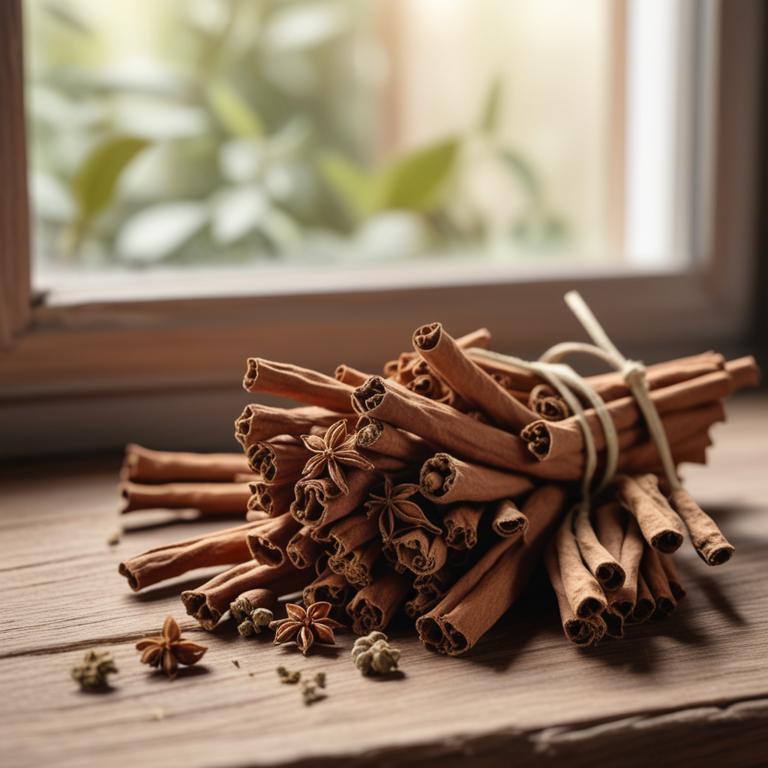
Oral Thrush: Understanding the Causes, Medicinal Herbs, and Herbal Solutions for Relief
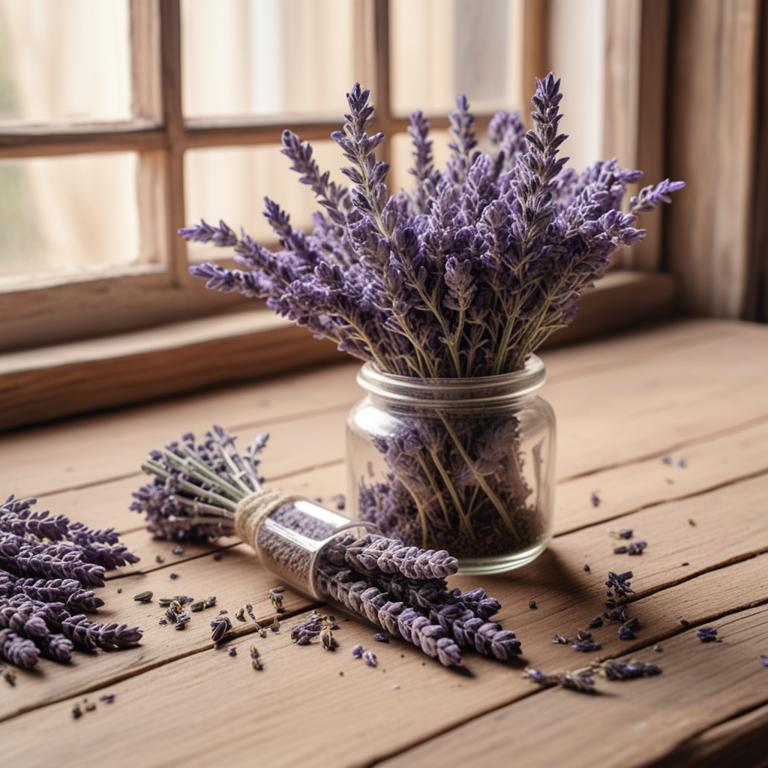
Causes and Herbal Solutions for Oily Hair
